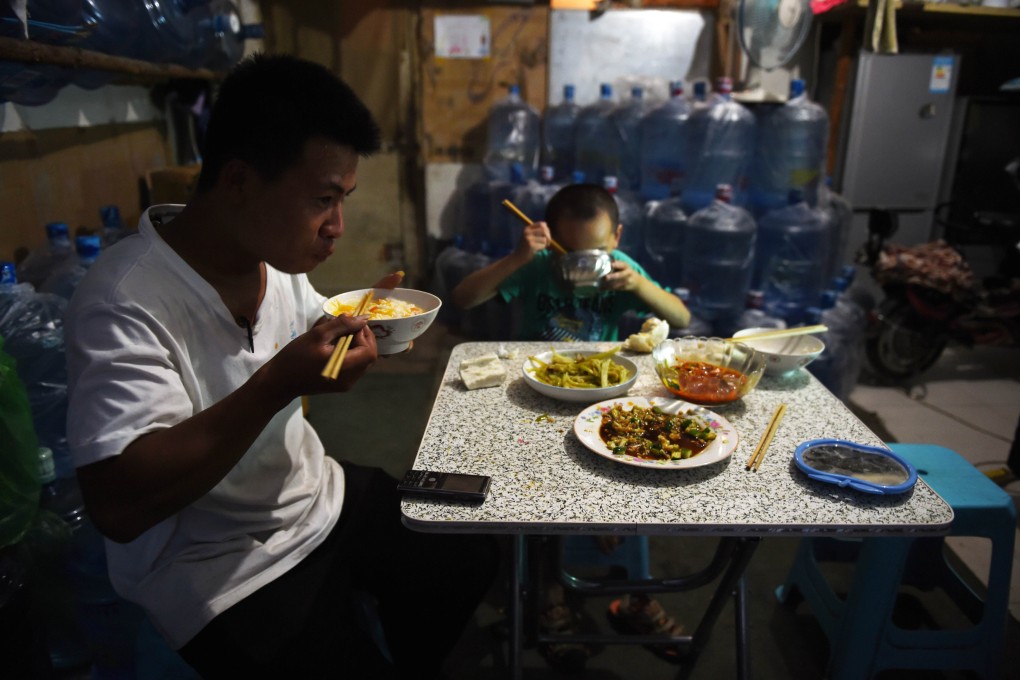Opinion | Beijing must overcome bottlenecks blocking policy implementation
Hu Shuli says an overhaul of local government operations is needed to get officials fully behind the national goals of stable growth and reform

For the past two months, Beijing's efforts to break through the bureaucratic bottleneck blocking policy implementation has been in the news. On the State Council's orders, eight inspection teams fanned out late last month across the country to check on local governments' progress in carrying out the central government's policies to stabilise growth, improve livelihoods, and promote reform and restructuring.
In all, 27 government departments and 16 provinces have been investigated. Officers were asked to find the reasons for tardy implementation and suggest solutions.
The results of the inspections have yet to be announced, but from the media reports so far, businesses have routinely complained of these problems: miscommunication within the bureaucracy, too much focus on administrative approvals and a lack of guidelines to complement the new policies.
These problems have dogged China since reforms began. But an additional complication has been the current administration's decision to move away from using gross domestic product as the sole target of growth, to pay more attention to livelihood concerns, environmental issues and local government debt. This has made the duties of local officials more demanding.
When coupled with administrative reforms and the government's no-holds-barred crackdown on corruption, more and more officials have adopted the attitude of doing as little as possible to avoid making mistakes. This bureaucratic lethargy is especially evident in local government departments.
Perhaps such pain is inevitable as reforms deepen, but if China is to achieve its aim of economic transformation, government officials at all levels must be motivated to take responsibility and be proactive.
Streamlining government administration, decentralising power, and reducing administrative approvals for businesses are three major thrusts of the current reforms. Since last year, the central government has done away with or simplified administrative applications for 479 items. This year alone, it did the same for over 200 related items.
